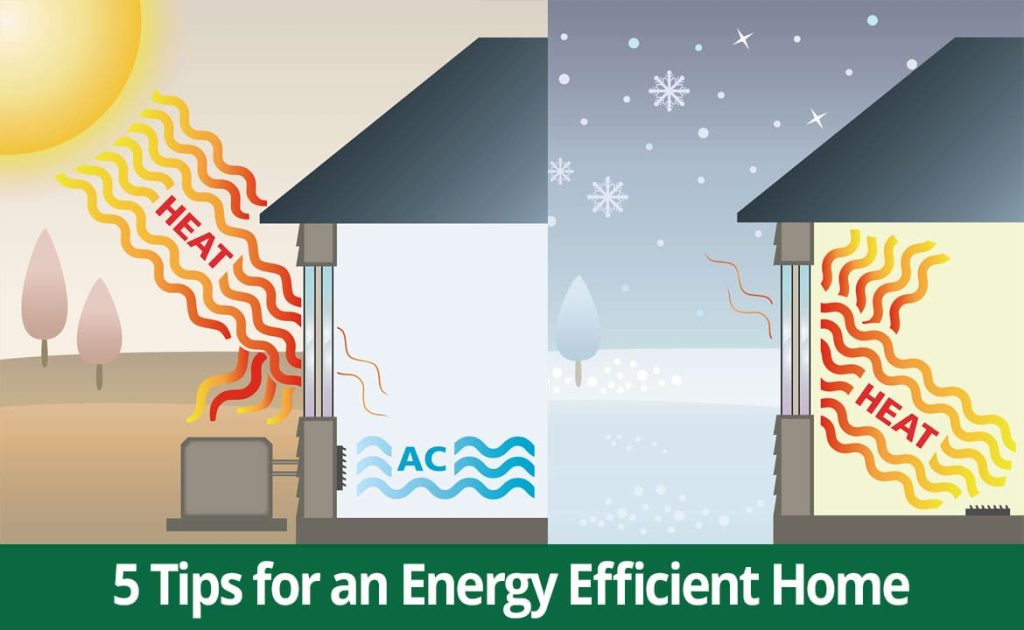

Thermal Performance refers to how well a structure responds to changes in external temperature during the daily and seasonal cycles. – EcoWho
Homeowners who are interested in boosting energy efficiency in their New Jersey and New York Metro homes may be wondering which home improvement projects deliver the highest return on investment. Taking simple steps to improve the thermal performance – updating weather stripping or replacing sealants, for example – may reduce heating and air conditioning expenses, but won’t add value to a home. A home that meets national energy efficiency standards, maintains a comfortable indoor temperature and keeps heating and air conditioning costs to a minimum is a thermal performance powerhouse.
These tips from Renewal by Andersen of New Jersey and New York Metro can help transform your home from an energy-draining house into a thermal performance powerhouse. We’ll help you determine which projects will add the most value to your home and provide a healthy return on investment as a bonus.
This step, especially adding an extra layer of protection in the attic, can significantly improve the thermal performance as it prevents heated air from escaping as it rises through toward the ceiling. If you aren’t sure if your home is insulated properly for our four-season climate, consult a professional rehab contractor or schedule a home energy audit.
As a rule, a heating system should last about 15 years and a cooling system has a practical life of ten years before energy performance begins to decline. Some experts suggest that a less-expensive model built today may operate more efficiently, using less energy, than many top-of-the-line models did 20 years ago. Updating duct work, making sure windows and doors seal properly when closed and adding extra insulation will help your new systems work better, with less energy consumption.
Ceiling fans are a great alternative to cranking up the air conditioner on a moderate day. Plus, they help circulate your heated and cooled air to every corner of the room.
You can save money on artificial light by investing in LED, solar or CFL bulbs and fixtures. While these modern solutions typically cost more initially, they last longer and produce cleaner light, resulting in savings in the long run. As a bonus, when you combine natural light with artificial light effectively, you improve indoor air quality and save money on your monthly bills.
Replacing damaged weather stripping and sealants can dramatically improve energy efficiency and thermal performance. However, single-pane windows and windows with significant damage may need to be replaced.
Modern, high-performance Fibrex-framed replacement windows do a much better job keeping indoor temperatures consistent, and they do not allow hot or cold air to flow through the window unchecked.
All of these energy saving tips can add value and comfort to your home. Homeowners who are concerned they may need help creating a thermal powerhouse can get the help of a replacement window specialist. Your consultant will carefully inspect your windows for inefficiencies and damage, and make recommendations based on your energy efficiency goals. Once you know the energy efficiency of each replacement window styles, you can start designing new fixtures for each room in your home. To get started, fill in the short form on this page or dial (866) 609-5033 to schedule an in-home consultation.

Learn Everything You Need to Know BEFORE Buying Replacement WindowsClick Here to Download Now!